




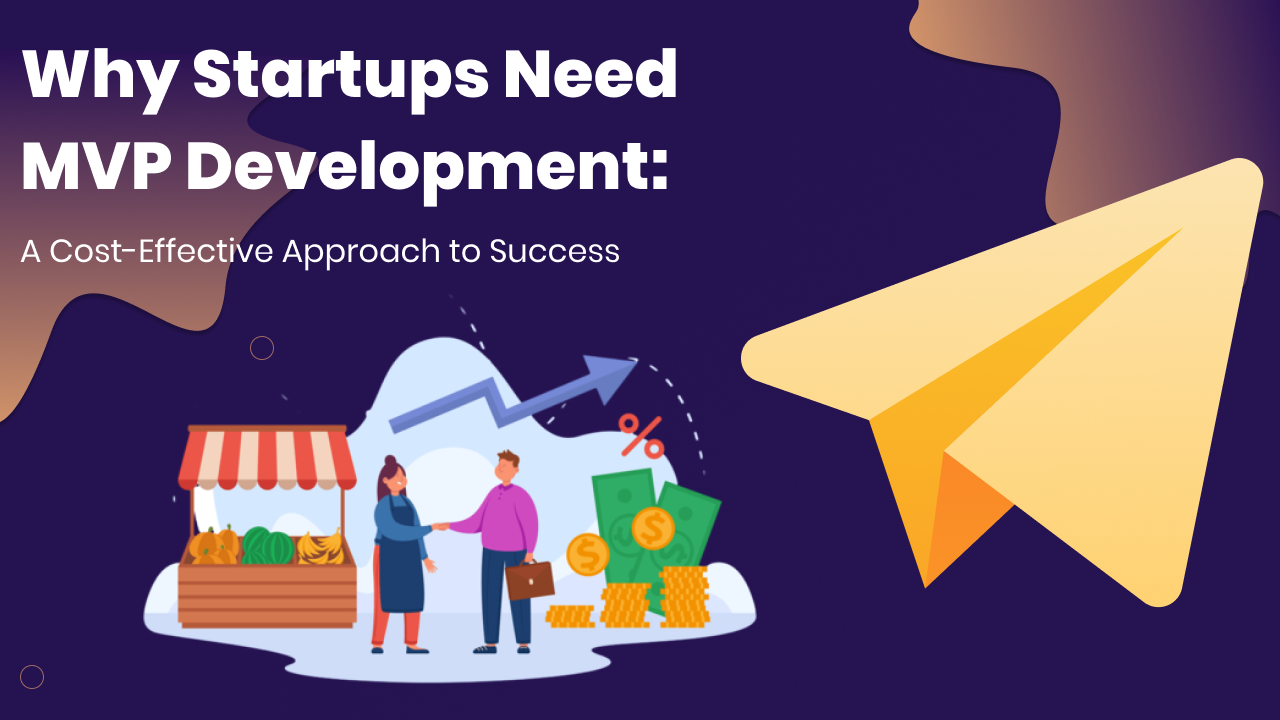
- July 07, 2025
- 73 Views
The startup space is fast, competitive, and harsh. According to Exploding Topics, about 90% of startups fail. What would be the reason for that? There would be multiple reasons for startup failure, but some of the reasons certainly are that they built a product that no one wants. Or somehow fails to generate the need in the market.
Is there a way to understand the market's needs so businesses can invest wisely?
Yes, this is when the Minimum Viable Product (MVP) comes into play.
In the current startup web, adopting fast or investing heavily is not just a quick solution. It has other, equally important requirements. This is MVP, a Minimum viable product that provides entrepreneurs with a more intelligent, data-driven way to validate their assumptions, waste less time, and be more successful.
In this blog post, we will discuss the MVP Development Process in detail, highlighting how it serves as a cost-effective solution with real-world examples. We will also guide you on how to select the best MVP development services for startups.
-
Table of Contents
-
- 1. What does MVP stand for in Business?
- 2. How do MVP & Full-Fledged Product differ from each one?
- 3. Why Startups Need an MVP?
- 4. What are the Benefits of a Minimum Viable Product for Startups
- 5. What are the MVP Development Challenges for Startups
- 6. How to Select the Right MVP Development Service Company for Your Startup
- 7. Advantages of Hiring MVP Development Companies
- 8. How to Calculate the Cost of MVP Development
- 9. Conclusion
- 10. Frequently Asked Questions
-
What does MVP stand for in Business?
The key purpose of MVP development for startups is ‘validation’. This validation allows startups to test hypotheses, determine customer wants, and adjust their product accordingly. Thus, it minimizes the risk of total failure.
How do MVP & Full-Fledged Product differ from each one?
MVP only includes those features that allow the products to accomplish the primary tasks for users. A full-scale product includes a fully functional and polished product.
- Think of the MVP as the foundation, and the full-scale product as the building that is built on top.
- MVPs that are still relevant in the market
Minimum Viable Product Examples, which have proven to be the best solution for Startups
1. The list of startups that turned into well-known enterprises nowadays started with the MVP at first.
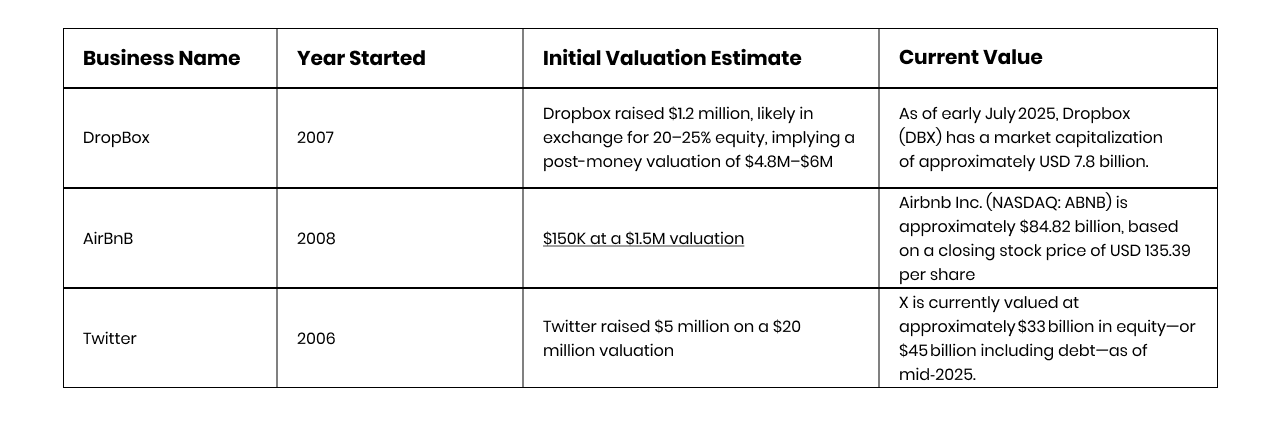
2. Companies that opt for the full-fledged app development method but fail to establish a strong company
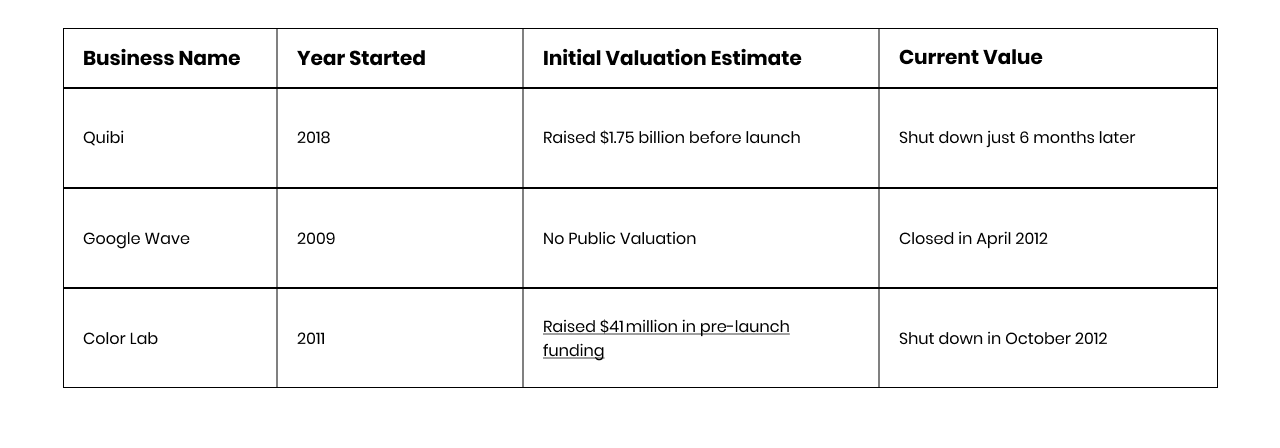
Why Startups Need an MVP
Startups primarily use MVPs (Minimum Viable Products) to validate their concept with minimal risk. MVP allows them to experiment with the core features and USPs of their product in the real market at the least initial expense.
One of the biggest advantages of an MVP is cost savings. Instead of developing a full-fledged product, startups focus on key features that meet users' near-term needs. This focused development approach eliminates wasteful expenditure and reduces time to market.
Secondly, early to market entry enables startups to acquire vital user feedback and reduce the risk of colossal failure.
Why are MVPs Cost-Effective?
1. Streamlining Resource Waste:
MVP creation allows startups to avoid creating features in advance. By capturing real-user feedback before the fact, startups are able to make informed improvements, wasting neither time nor resources.
2. Scalability Over Time:
MVP companies also allow startups to scale over time. As traction increases and user data appears, startups can invest with greater confidence in additional features, platforms, and going into new markets.
In short, MVPs aren't just budget-friendly; they offer flexibility, quick time to market, and data-driven growth paths. This is an ideal approach for startups.
What are the Benefits of a Minimum Viable Product for Startups
The idea of MVP is what the market needs and how accurately your product or service caters to the market.
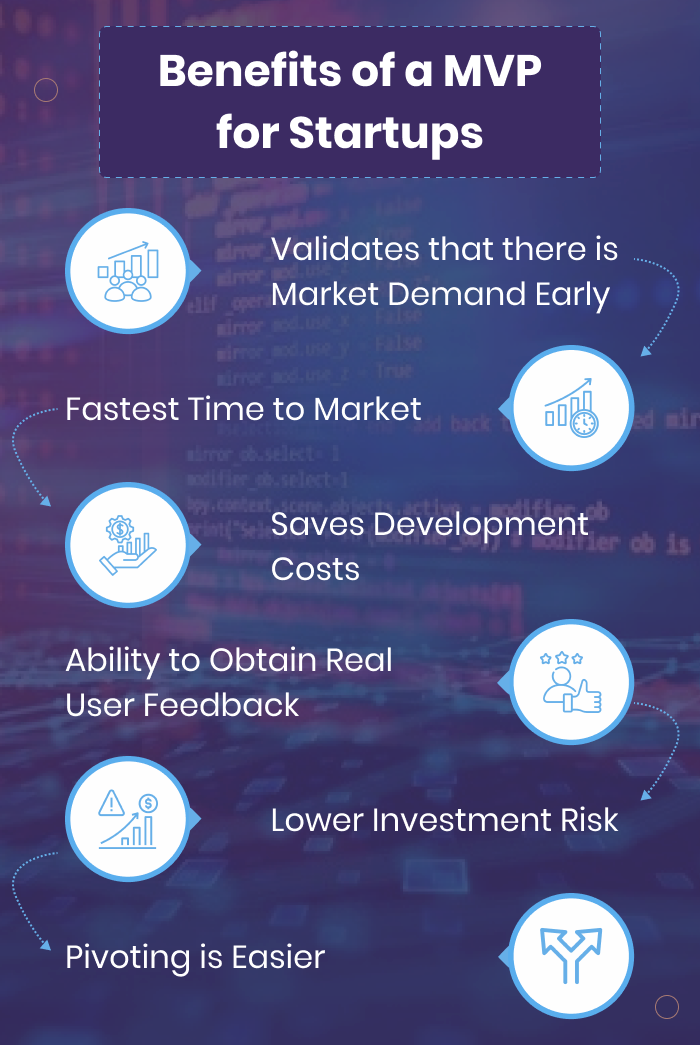
Below, we’ve mentioned how MVP benefits startups in the long run.
1. Validates that there is Market Demand Early
Startup MVP development typically validates that you’re building something that the market wants. This is the classic startup mistake of creating and investing heavily in a product that no one wants.
2. Fastest Time to Market
Since you only need to build the core functionalities of your product, an MVP can launch quicker than a more developed product. The faster you launch, the sooner you can start developing a product that no one wants.
3. Saves Development Costs
An MVP only focuses on what is needed to be built to understand if customers want the product being built. Bootstappers or early-stage startups will benefit from the reduced costs of building a minimum viable product.
4. Ability to Obtain Real User Feedback
In terms of an MVP for startups, having an MVP that can give them access to real user behavior or feedback is powerful. The data obtained from an MVP is golden, as it will dictate the smart development of your future product and whether or not product-market fit has occurred.
5. Lower Investment Risk
Investors are likely to put their money on validated ideas. A working MVP shows traction and lowers the perceived investment risk.
6. Pivoting is Easier
If the MVP shows that users are asking for something else, these startups have the ability to pivot. MVP development team often utilize feedback loops to reorient themselves without starting over.
What are the MVP Development Challenges for Startups
Developing an MVP is not a walk in the park. It has unique challenges that need to be sorted out. Below, we’re mentioning the list of challenges that startups may face while developing an MVP.
1. Defining the Minimum Correctly
The most significant challenge is figuring out what the “minimum” that the startup is trying to build is. The struggle is very real, and it is too easy to overbuild. Don’t overthink it, but also, don’t get trapped in concept creep.
2. Limited Resources and Budgets
Even building an MVP is technically an investment. Startups are sometimes working off of limited budgets, and they must prioritize what is going to be the MVP.
3. Speed Vs Quality
Speed is very important; at the same time, so is usability. An MVP is useless if it has performance issues. There is a fine balance between speed and quality, but the sooner the MVP is up and running, the sooner the feedback can begin.
4. Stakeholders Have Unrealistic Expectations
Stakeholders can expect an MVP to function like a fully operational product. Stakeholders must be fully aware of the meaning of MVP in business and must keep their expectations within those parameters.
5. Misinterpret User Feedback
Feedback can be subjective. Good build teams learn to read between the lines, use feedback against data, to develop their skill set. Every startup MVP development team needs to develop this skillset.
6. Selecting the Right Technology Stack
Scalability is important. Your MVP's technology stack should be able to support you as you grow. Making the wrong decision early on can lead to expensive rewrites later.
How to Select the Right MVP Development Service Company for Your Startup
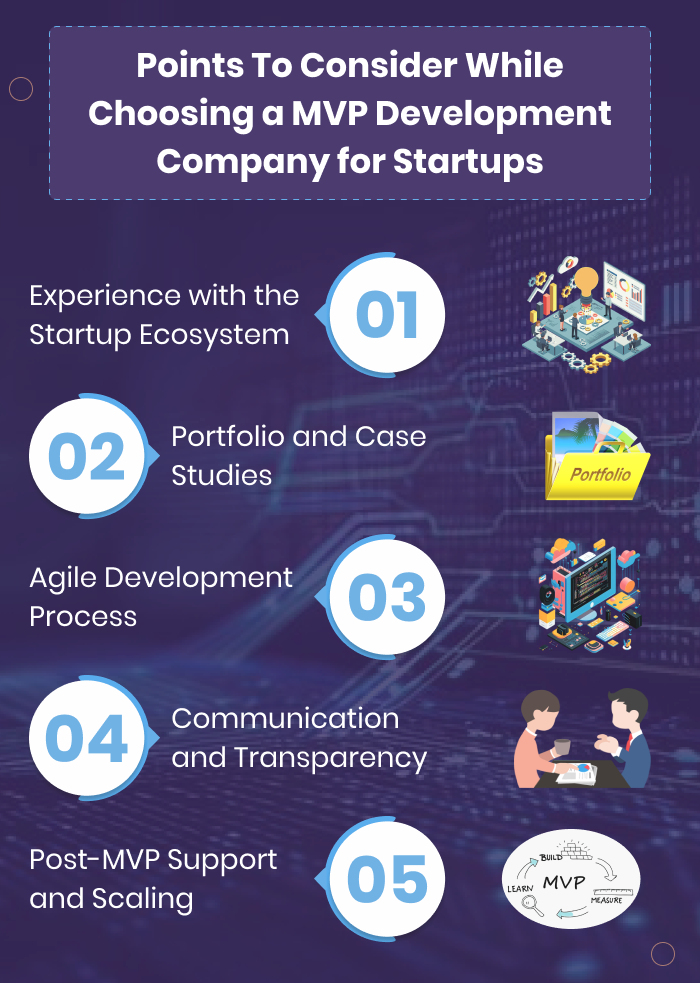
1. Experience with the Startup Ecosystem
You first want to seek providers that specialize in startup MVP development. Their knowledge and familiarity with the startup world and its obstacles will be invaluable.
2. Portfolio and Case Studies
Review their past work. Go, look through the examples of minimum viable products in your industry or other areas.
3. Agile Development Process
Calculate their use of an agile development process. Lean and iterative is always a better strategy for continuous improvement and timely access to minimum viable products.
4. Communication and Transparency
Select an MVP web development company that understands how important customer engagement is. Regular updates, demos avoid surprises. Trust and visibility are critical in this partnership.
5. Post-MVP Support and Scaling
You want a great partnership that doesn't end after your launch. An ideal partner would consist of teams that will provide post-launch support, fix bugs, and add features.
Advantages of Hiring MVP Development Companies
1. They are the Specialists
MVP development service companies have experience working with startups. They have insights, tools, and workflows that allow them to avoid a lot of the trial and error.
2. Faster Turnaround Times
They’re agile. Their entire MVP development process is faster, while still maintaining the quality of work.
3. More Cost-Effective Without Compromising on Quality
Instead of hiring a full team to build your MVP, you can have a dedicated MVP development team. You will get the same product at a fraction of the price.
4. Technical Scalability and Support
Most development services companies will build your MVP with scaling in mind from day one. The right company will ensure that as your startup grows, your product can grow with you.
5. User Experience/ UI Best Practices Utilized
User experience is important for all MVPs. MVP development service companies will already have UI/UX principles in place that ensure a great user experience and a feedback mechanism in place.
How to Calculate the Cost of MVP Development
The cost of MVP development varies based on multiple factors such as the complexity of features, design requirements, and the development approach. To accurately estimate your MVP budget, begin by defining the core functionality that solves the primary problem for your users.
The more features you add, the higher the cost. Platform selection also plays a vital role; developing an MVP for iOS, Android, or web will affect both time and expenses. Another key determinant is the UI/UX design basis; for instance, wireframes are cost-effective, while custom, visually rich designs may increase your budget.
Additionally, the technology stack and the location of your development team. Whether in-house, offshore, or outsourced, impacts the overall pricing. A simple MVP can range between $35,000 and $80,000 or $40,000 to $80,000, while more sophisticated solutions may go higher.
Collaborating with an experienced MVP development company can help you create a realistic cost breakdown and avoid hidden expenses down the line.
Conclusion
An MVP is the heart of startups. Going in at first with an MVP gives your startup a reflection on how it will penetrate the market dynamics.
Even an MVP can ensure that you’re moving ahead on the right path to achieve your goals without wasting time and resources. It is a cost-effective and strategic way to validate your ideas into reality.
It attracts immense users and builds something that users truly want. It can make a big difference in startup failure or success, market R&D, and many other ways to elevate the business enthusiast to take the risk further.
Are you looking to develop an MVP from scratch?
No worries. CodeAegis has your back.
Our experts align with your product requirements and take the time to understand your business challenges and pain points.


Frequently Asked Questions
1. How long will it take to build an MVP?
Typically, it will take no more than 6-12 weeks to build a Minimum Viable Product (MVP).
However, the time it will take to complete an MVP depends on product idea complexity, the number of features that were scoped into your MVP, the tech stack you select, and team size/development capacity.
2. Is an MVP only for tech startups?
Absolutely Not. While tech startups are the most common adopters of the MVP methodology because of their inherent high-risk nature, an MVP can be advantageous for any type of business that is looking to validate their new product, service, or feature.
The MVP methodology can improve the chances of success for any commercial business; e-commerce companies, education services, healthcare services, and even businesses in the bricks-and-mortar world are testing new delivery or service models.
3. Will I need to rebuild after the MVP?
Not necessarily. If the MVP had been developed with scalable and flexible technology, then you could use the MVP code as the basis for the final product. The point of an MVP is to test key assumptions and gather feedback from users.
You will explore, iterate, improve, and grow your product in subsequent releases based on that feedback.
About Author
You May Also Like

You’ve likely heard the term “Artificial Intelligence” or AI until now—It’s 2025. But have you ever paused to consider how deeply AI has woven itself into the web of our

Is your business still relying on off-the-shelf software solutions that don’t efficiently meet your unique business requirements? If your mind instantly says yes, then let’s explore why in

When it comes to developing an app, there's a lot to consider. Not only do you need to create a user-friendly interface and design, but you also need to make sure your app is able to meet the demands
The beacon technology market was valued at 519.6 million U.S. dollars in 2016, and it was estimated to increase at a CAGR of 59.8% to reach about 56.6 billion U.S. dollars in size in 2026. Throughout

Technology has come a long way in the past decade, and augmented reality (AR) is one of the most exciting development fields. AR technology superimposes digital content into the real world, creating a

The gaming industry is proliferating with the advent of smartphones and PCs. Every age group, from children to adults, is well-engaged and fond of online gaming. The rapid evolution of mobile gaming a

Decentralized Finance (DeFi) is a modern and evolving region of finance that is less centralized and more open to innovation and collaboration. DeFi enthusiasts laud its prospect of disrupting convent
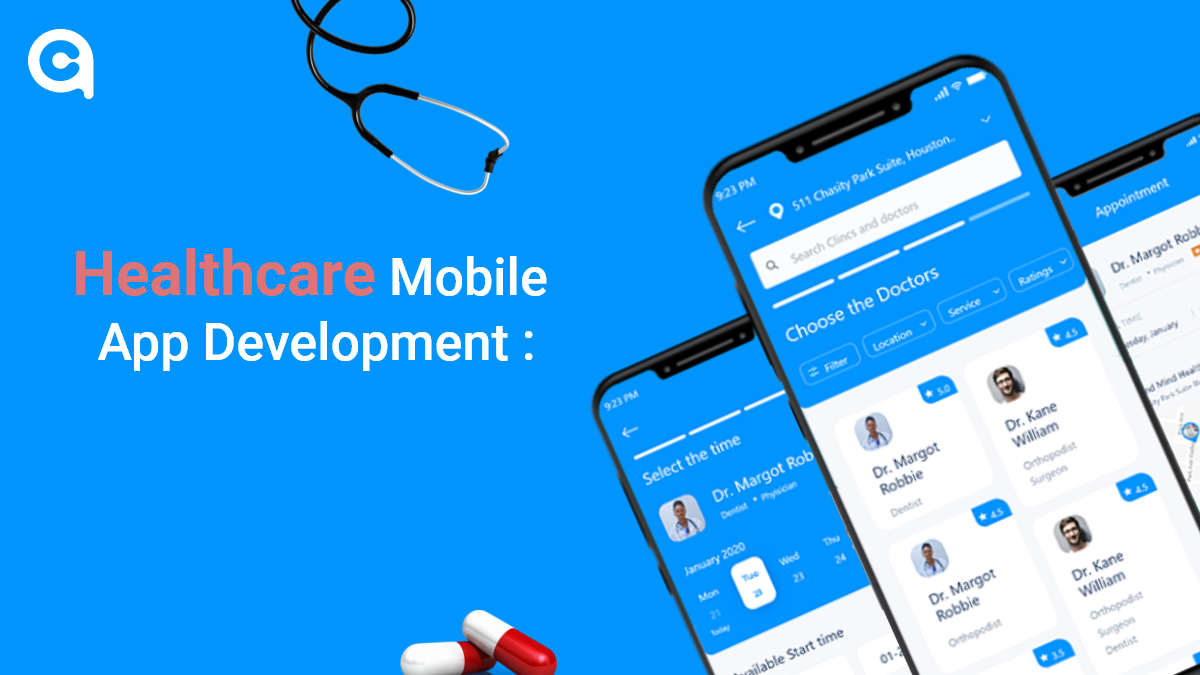
The healthcare industry is one of the most rapidly changing and growing industries worldwide. Mobile devices and apps have drastically changed how providers and patients interact and communicate.So, i
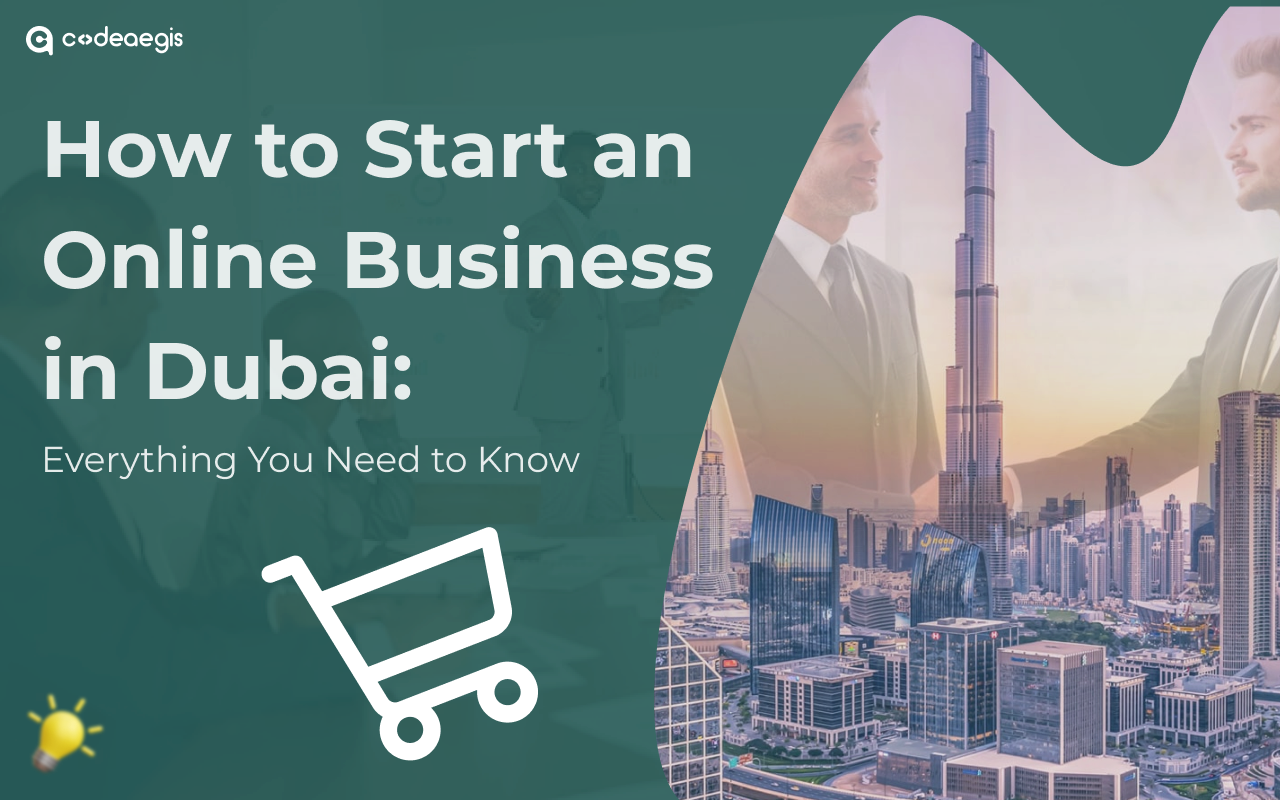
The UAE, and Dubai specifically, has really evolved from just a real estate and tourism market, and is quickly becoming a hub for digital innovation and online commerce. With the continued investment

Rental businesses are gaining market share by offering essential services that help other businesses minimize downtime and maximize profitability. This growth trend is particularly strong in the servi
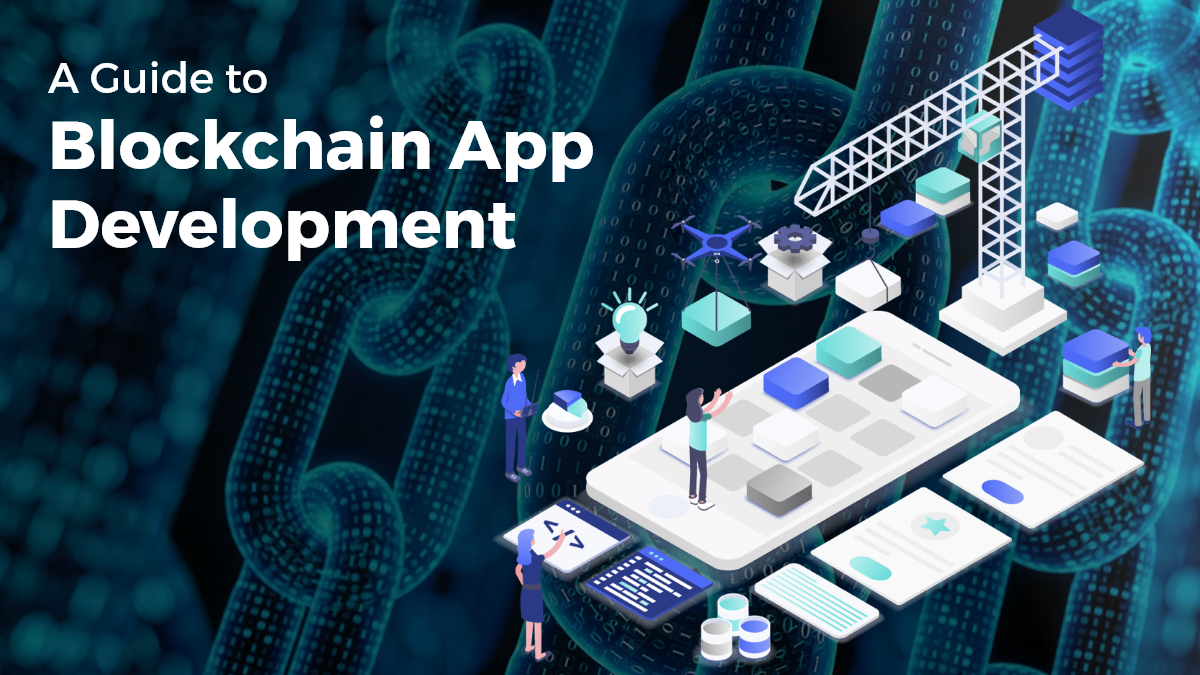
Blockchain technology has been a hot topic recently due to its potential to revolutionize various industries. Blockchain is a distributed ledger technology that ensures transparency, security, and dec
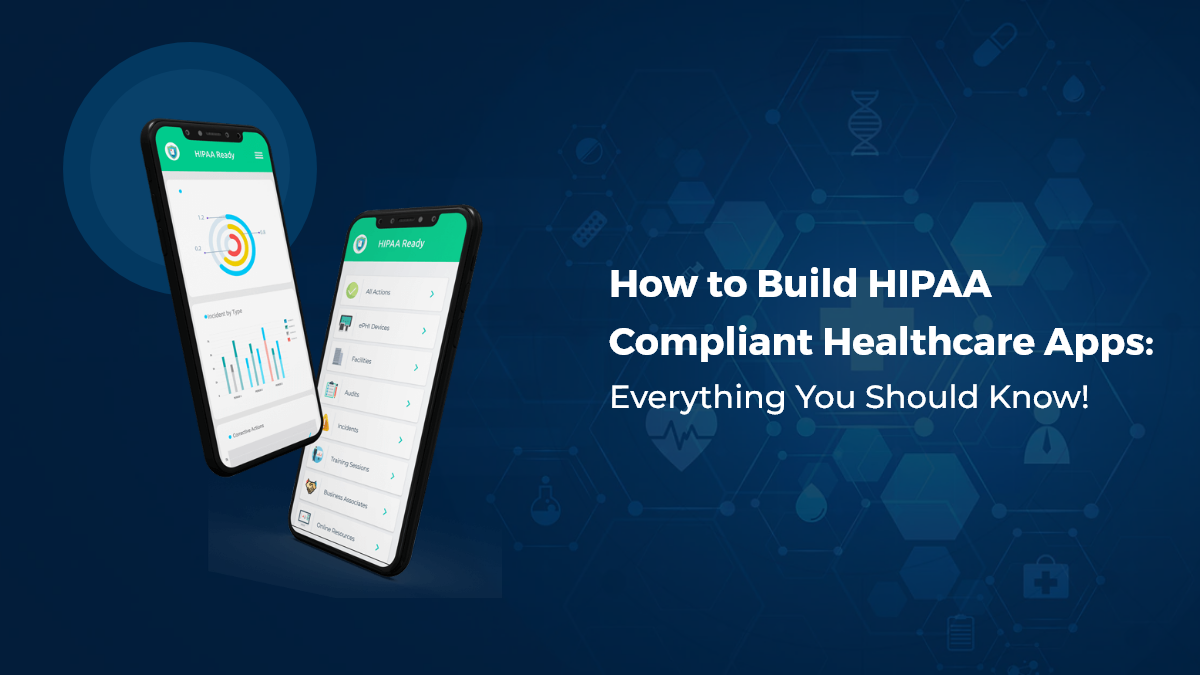
If you’re in the healthcare industry, then you know that data privacy and security are of utmost importance. In order to protect patients’ information, the Health Insurance Portability and
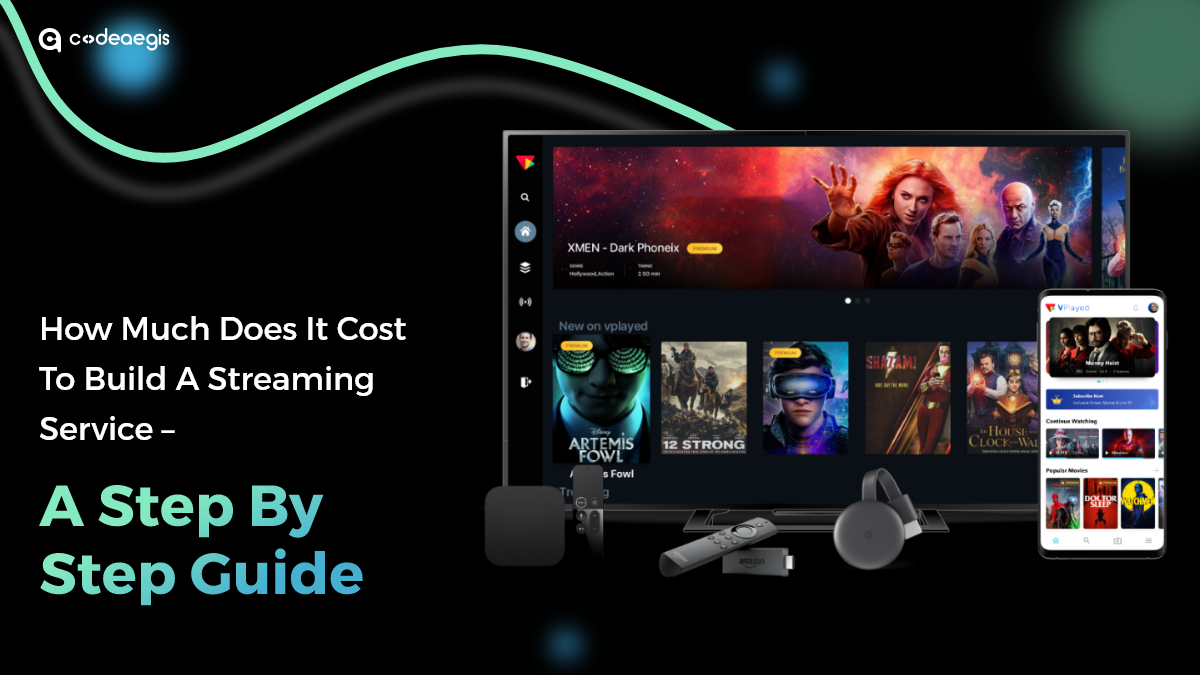
The rise of online video streaming services has revolutionized the entertainment industry, prompting businesses worldwide to explore the possibility of launching their own platforms. With giants like

Things have changed dramatically over the years with new opportunities, techniques, and future advancements. Real estate is the best industry to invest in, though the procedure sometimes irritates. Me

DeFi is a new kind of investment that’s taking the world by storm. So what is it? Essentially, DeFi is a digital asset class that allows you to invest in cryptocurrencies and other digital asset
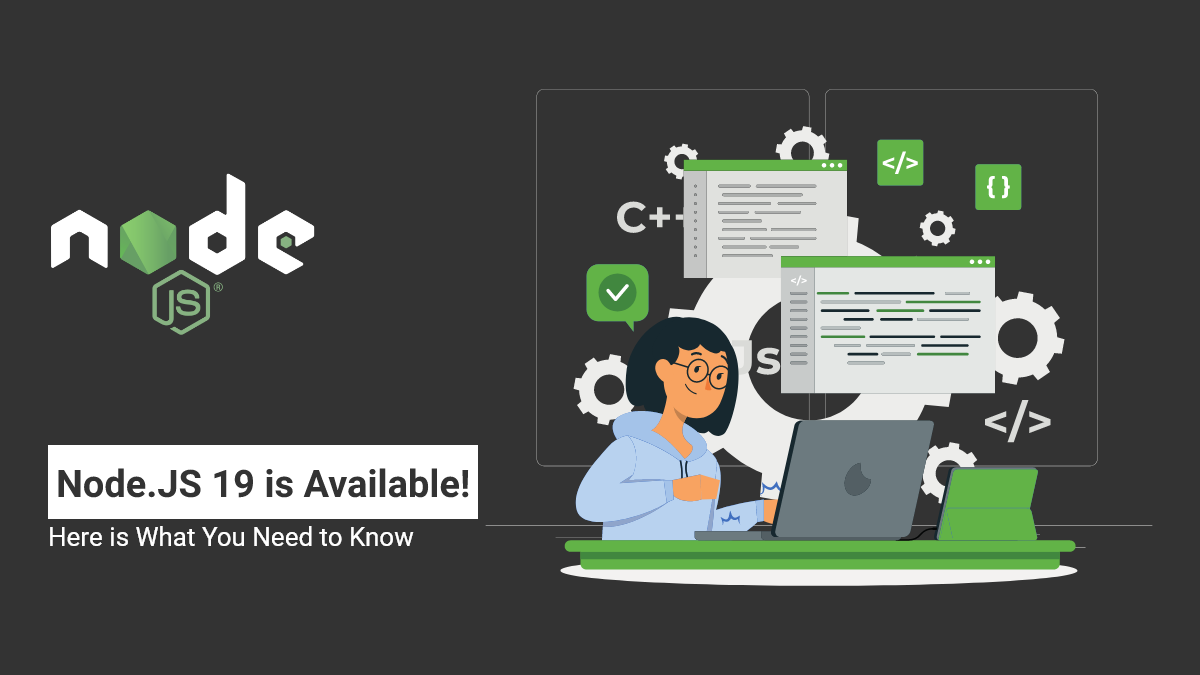
The launch of Node.js 19 is now available! It substitutes Node.js 18 as the current launch line, with Node.js 18 being encouraged to long-term support (LTS) next week. What do these two launches mean

Are you aware that the world is going through a significant shift in the way we make payments? According to a recent report by Deloitte, the total value of digital payments worldwide is estimated to r

In the last few years, wearables have become increasingly popular. Fitness trackers, smartwatches, and even smart glasses are becoming more and more commonplace. And as the technology improves and bec
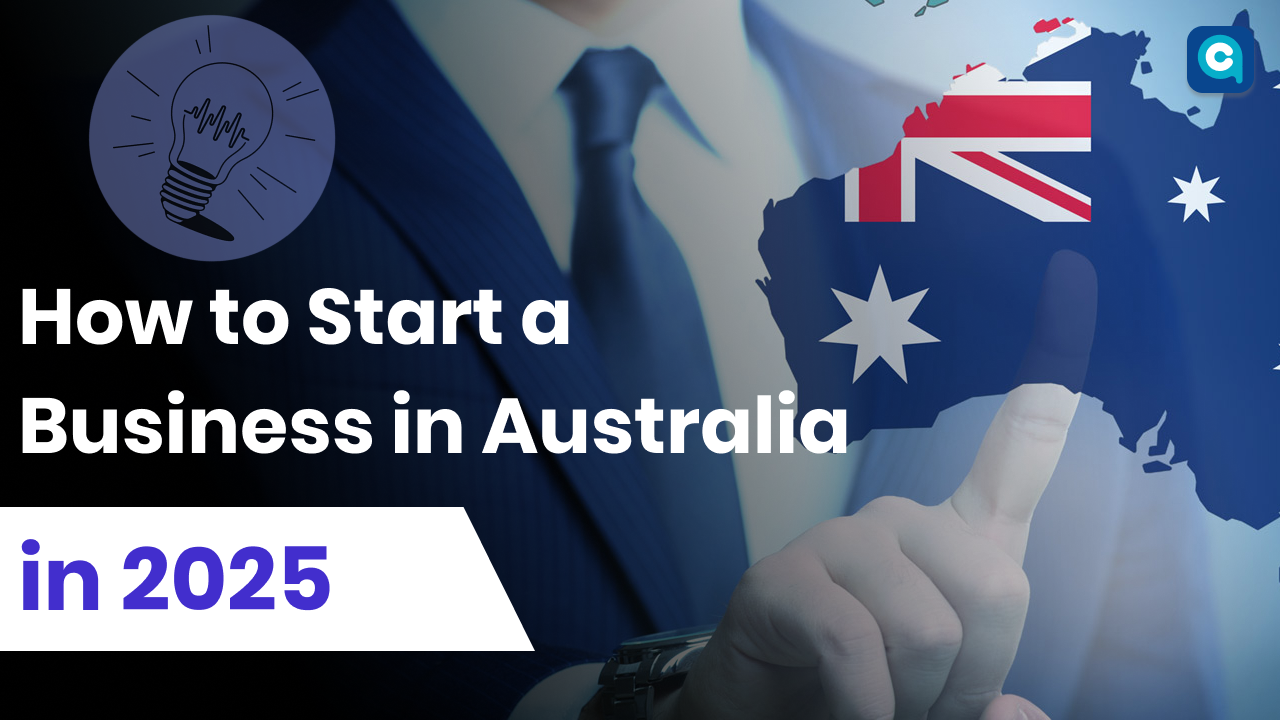
Australia is moving towards a big shift at a global level. It is strengthening the ties at the B2B level and becoming a hub for innovation, sustainability, and digital transformation. Backed with a r

Table of Contents 1. What is ChatGPT? 2. What Are the Top Benefits of ChatGPT? 3. How Does ChatGPT Work? 4. Challenges With ChatGPT 5. ChatGPT and the Future of AI 6. Final Thoug

Gone are the days when people used to wave down a taxi on the street or wait for one at the airport. With the advent of technology, people can now book a taxi with just a few taps on their smartphones

Generative AI? Is this still a question mark to you? If you don’t know what generative AI does, that would be a fair question, but it was not if you said that you haven’t interacted with
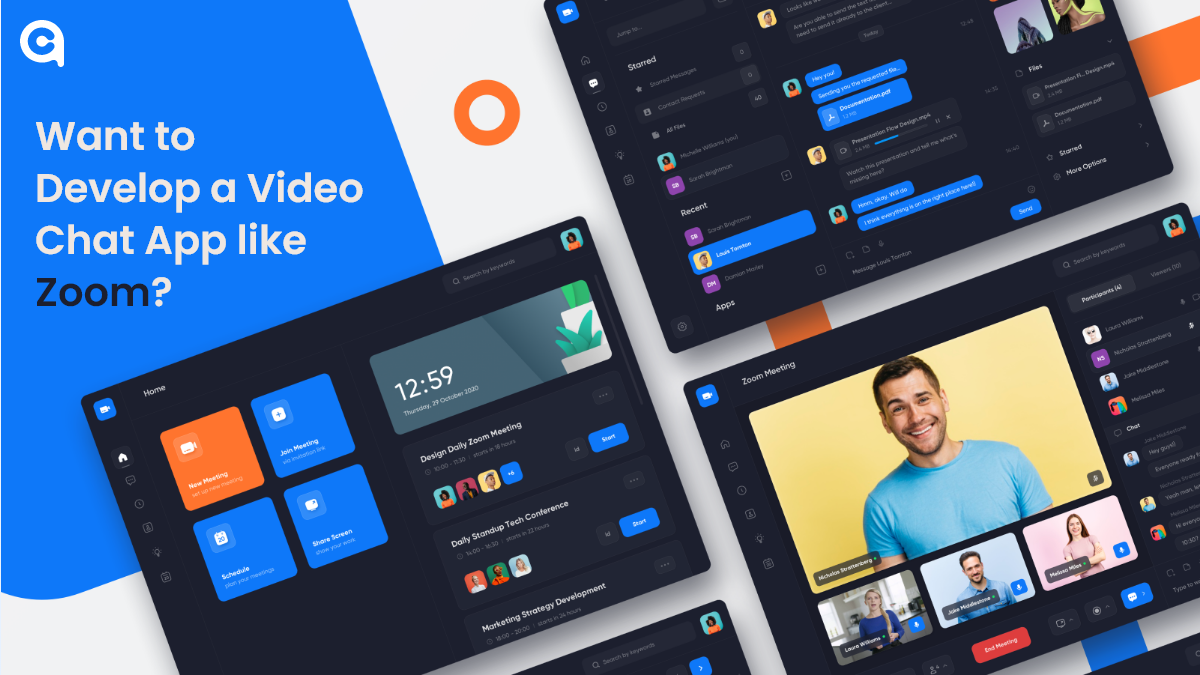
Depending on what niche you’re in, video chat apps are becoming increasingly common in the world of business and technology. Whether it’s a small startup company or a multinational corpora

Mobile app development is quickly becoming a necessity for businesses. As the world becomes increasingly digital, companies of all sizes rely on mobile apps to reach customers and increase customer en

Lately, the tech world has been abuzz with talk of the Metaverse, a groundbreaking concept that promises a shared virtual space where people can interact and engage with one another. This futuristic i

Are you looking to design a mobile app in 2025? Mobile application development is an ever-changing field, and it can be hard to keep up with the latest trends and best practices. But with this guide,

Google released Android 13 beta 4 to the public, and with it comes a slew of new features and updates. In this article, we'll walk you through everything you need to know about the latest version of A

In recent years, the gaming industry has seen a surge in popularity, with many gamers turning to online gaming platforms and console games in order to escape reality. With so many people playing video

The world of gaming is rapidly evolving, and the latest buzzword is "metaverse." The term refers to a virtual world where users can interact with each other and digital objects in real time, using imm

When it comes to mobile app development, one of the most important things you need to consider is the prototyping process. This will allow you to create a working model of your app so that you can tes
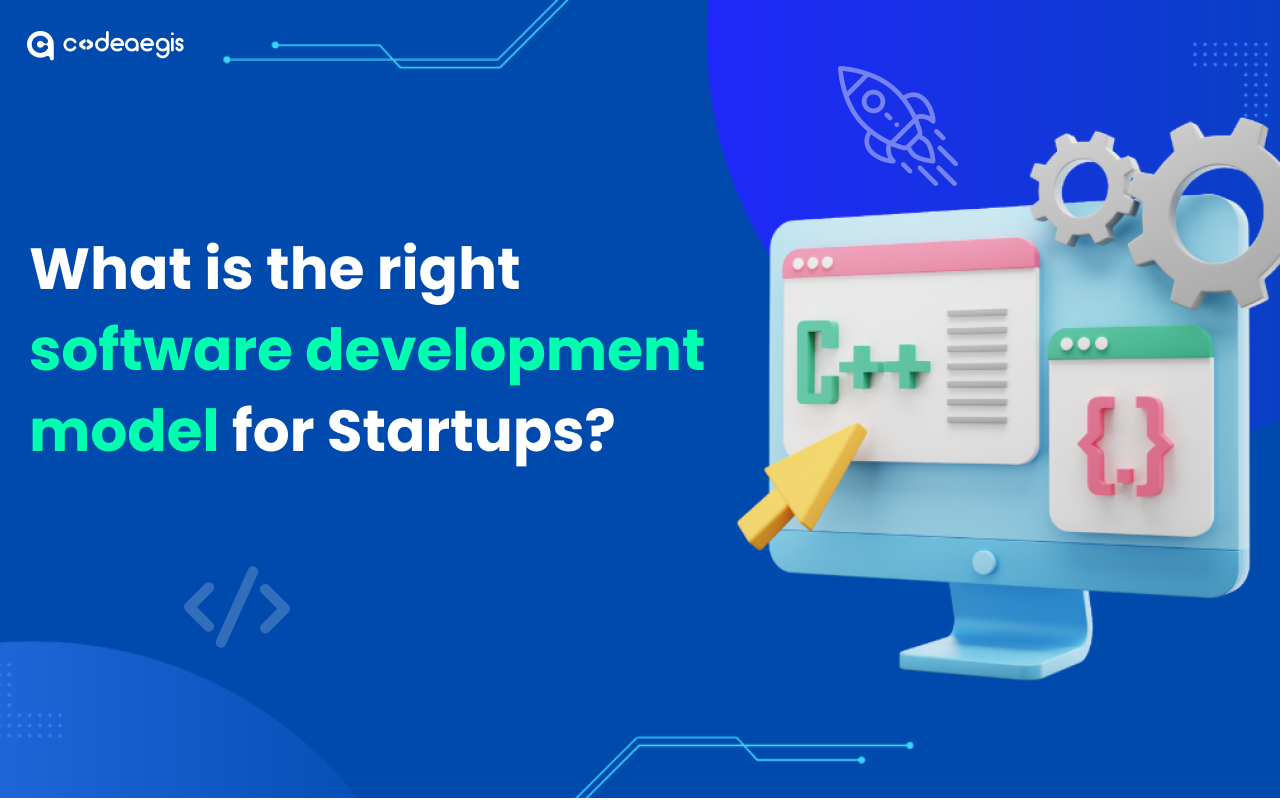
Sipping coffee and thinking of a startup has always been trendy. Similarly, hanging out with friends and promising them to start a business someday feels refreshing. Did you know that several success
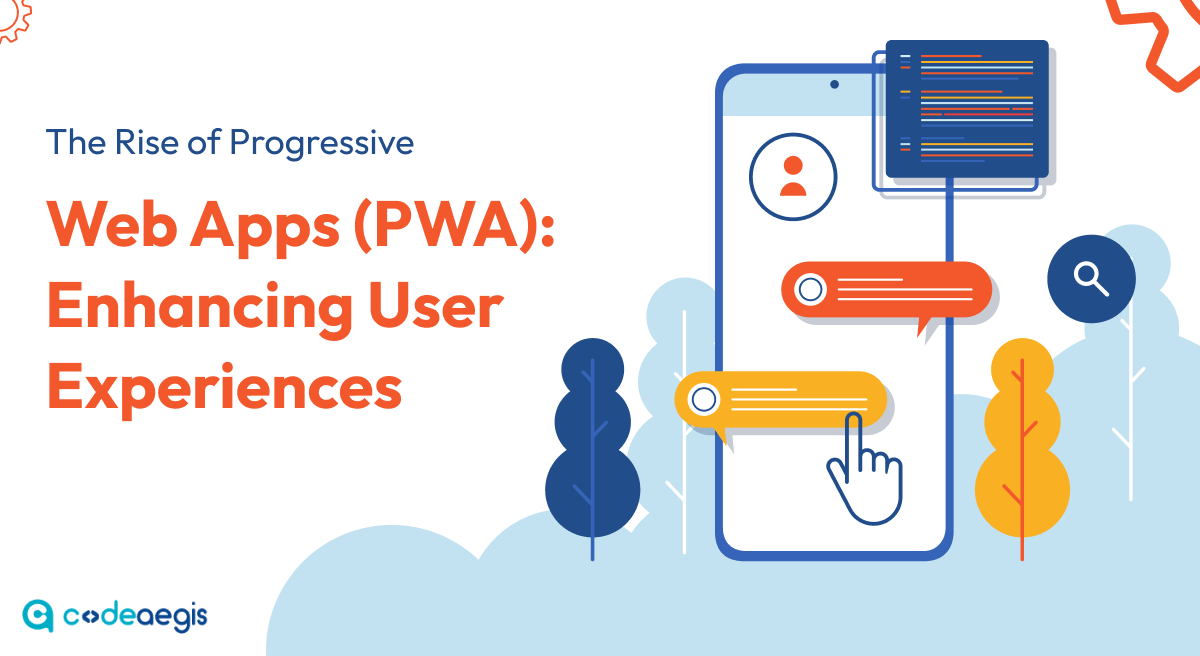
In today's digital world, businesses must keep up with ever-increasing consumer expectations and find new ways to engage their audience. That's where Progressive Web Apps (PWAs) come in. PWAs are a r

Picture this - a world where business transactions are seamless, secure, and transparent. This might have seemed like a distant dream before the advent of cryptocurrencies and blockchain technology, b

Application development is essential to fostering business efficiency while accepting new changes. Depending on the specific requirements, 85% of businesses rely on software development solutions to s

Blockchain technology and web development are two powerful innovations that have the potential to transform our world. While they may appear distinct, they share similarities and can work together to

The food delivery application has innovative, game-changing features that will transform the industry from the bottom to the top. According to Statista, the online food delivery market in the UAE has

By 2024, we all know that technology will be the future. What excites me the most is that technology has covered all the dimensions of businesses, enabling them to attain their potential and efficienc

Nowadays, the digital presence has revolutionized business dynamics. App development is not just evolving but breaking traditional barriers and emerging as strong and progressive solutions. With robus

Picture this: a world where traditional banking transforms into a cutting-edge, efficient, and transparent system that leaves everyone in awe. Blockchain, often met with skepticism and uncertainty, is

The mobile app market has grown to a staggering size, with over 1.8 million apps available in the Google Play Store and Apple App Store combined. Mobile apps have become a necessity for people worldwi

Do you run your own business and want to build an Android app? If yes, you must know about the latest technology trends playing a significant role in the android app development process. Technology i

The mobile app market has grown to a staggering size, with over 1.8 million apps available in the Google Play Store and Apple App Store combined. Mobile apps have become a necessity for people worldwi
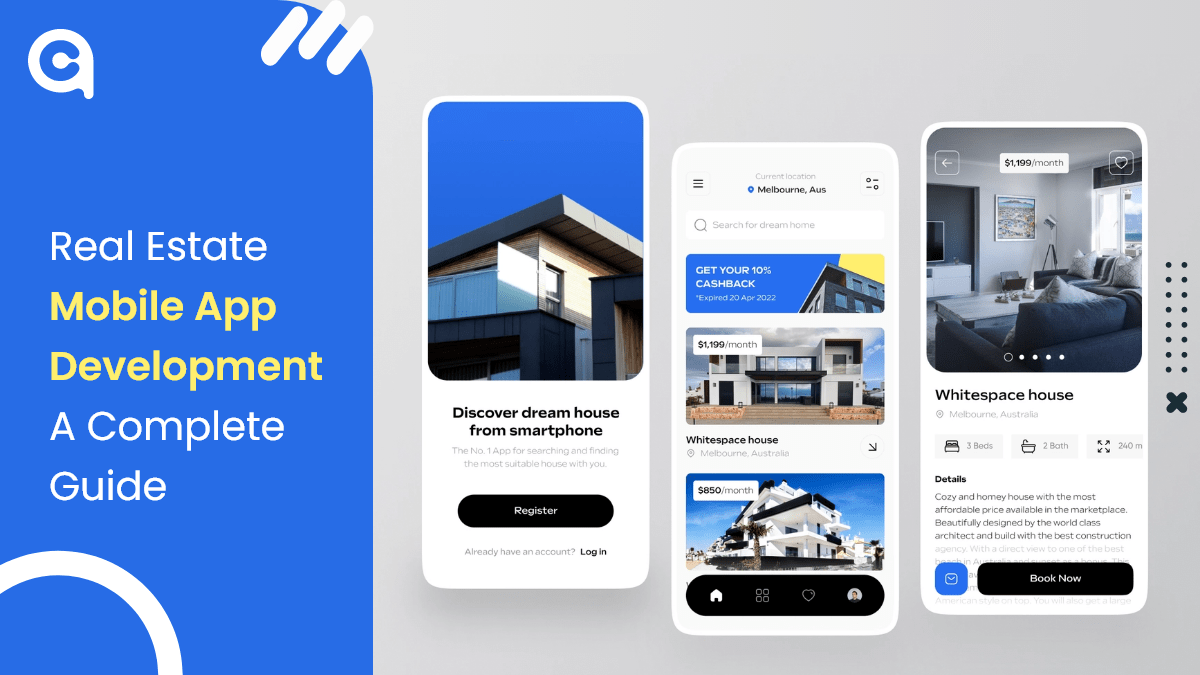
The world is digitizing at a very rapid pace, and in such a scenario, real estate businesses must also go digital to stay ahead of the competition. One of the best ways to digitize your business is de

Building an App that promotes businesses and acts as a right hand has a separate fanbase! Creating an app for the business plays a fundamental role in elevating business operations, making seamless c

Can you give thought to a week without coffee breaks at cafes? It might not be possible, but earlier, having coffee outside the house was never a thing. So how the tables have changed the corners?

Over-the-top (OTT) platforms like Disney Plus, Netflix, and Prime Video have gradually captured attention as traditional TV-watching methods have faded. Throughout the year, OTT platforms have created

Augmented Reality and Virtual Reality are the two leading buzzwords in the technology era. What began as a completely new, significantly different technology has rapidly revolutionized into something

Blockchain technology is becoming the heart of multiple industries. It is robustly securing businesses through its core value, making it the first pick-up in the generative AIs. The blockchain is the

Do you know what digital transformation with AI is and how it can impact your business? Organizations today are under pressure to digitally transform to stay competitive. This digital transformation

Mobile applications have dominated the market, helping businesses to reinforce their full potential. Not only for the rental business, but mobile apps play a critical role in establishing a solid foun

If you’re planning to enter the fast-growing fantasy sports market, one of the most critical aspects considered is “What will it cost to build a fantasy sport that stands out and drives t

IPTV has established itself as a prominent technology that is gaining traction with its comprehensive platform applications. Unlike traditional methods like satellite, cable, or TV, IPTV has accelera
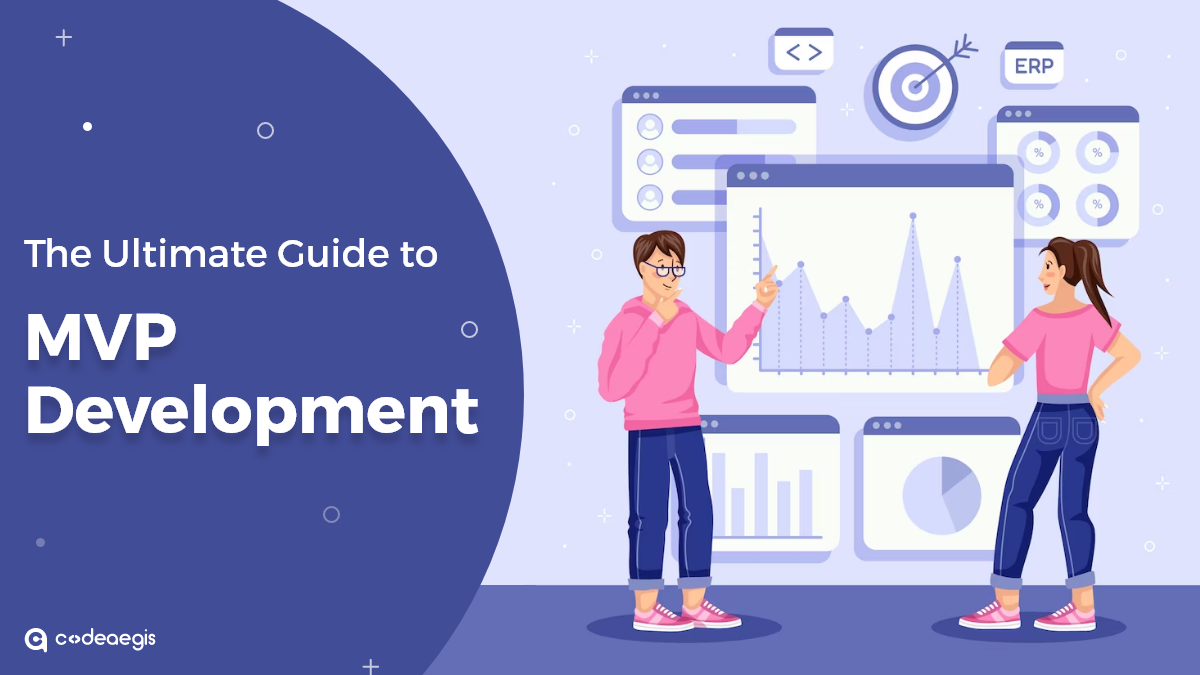
As the world of startups becomes increasingly competitive, building an MVP is crucial for entrepreneurs looking to test their ideas and launch successful businesses. By creating a minimum viable produ
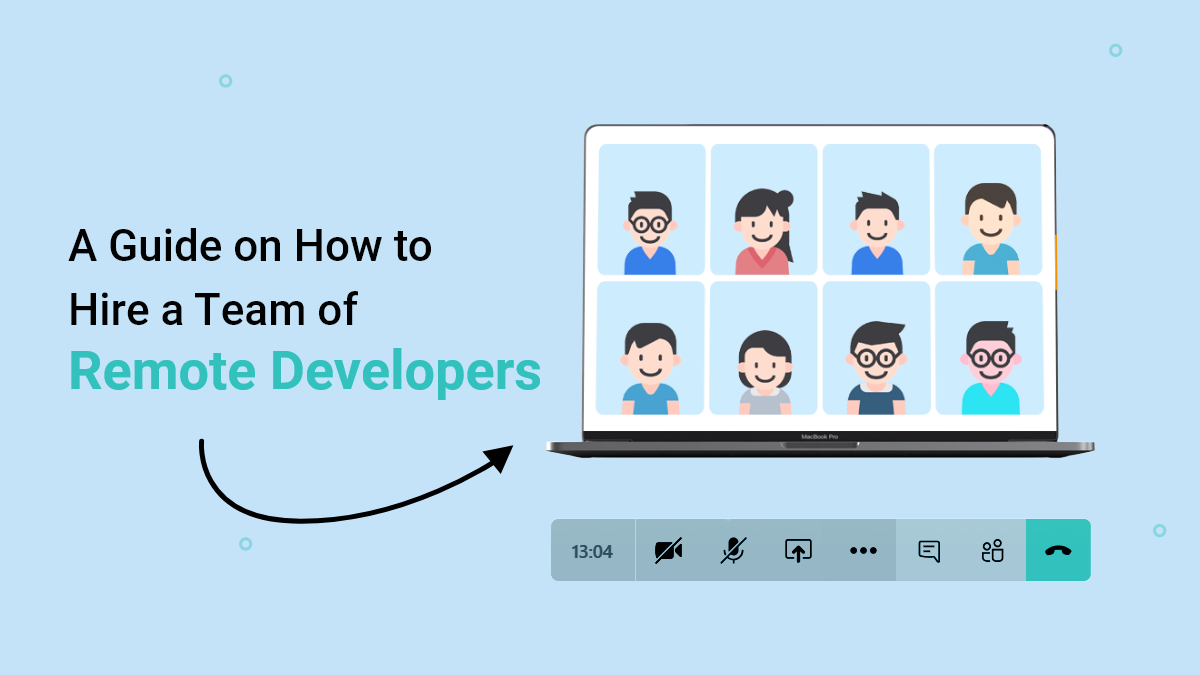
Hiring a team of remote developers can be a daunting task, but it doesn't have to be. With a little bit of planning and the right approach, you can find the perfect candidates to build your dream prod

Want to establish a new business or improve an existing one? You should consider using blockchain technology Being a distributed database, Blockchain allows for secure online transactions. This techn
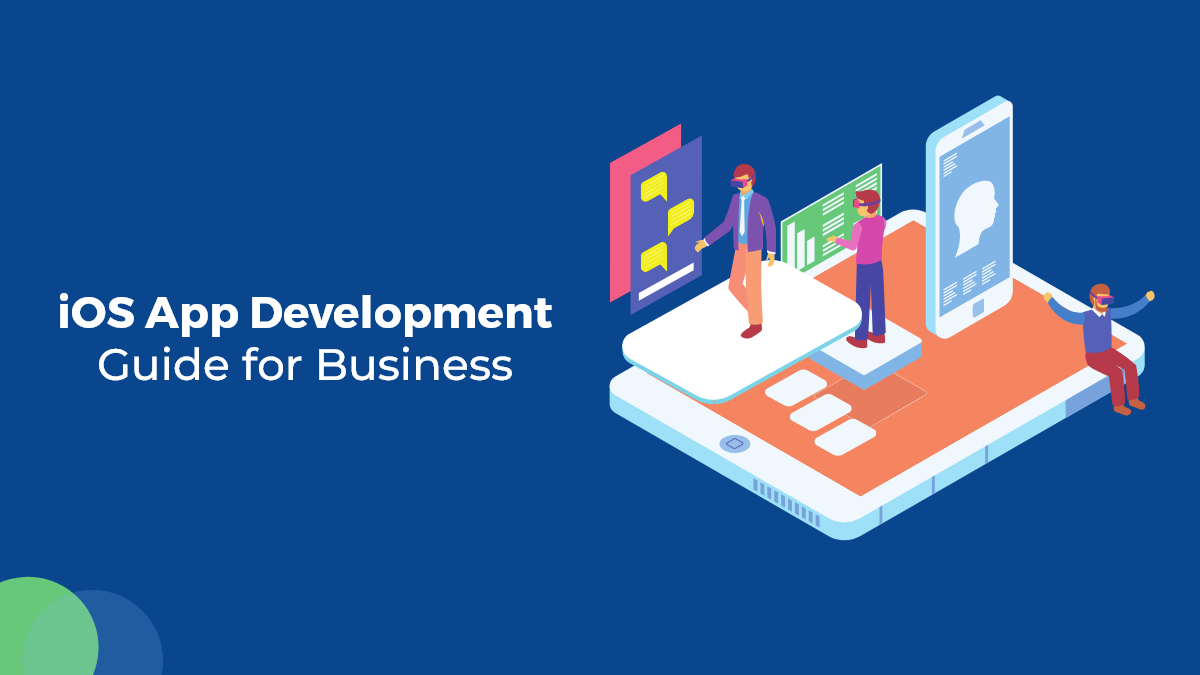
Businesses these days are looking to have an edge over their competition by having a strong online presence. A website is not enough anymore, and many companies are turning to mobile apps as a way to
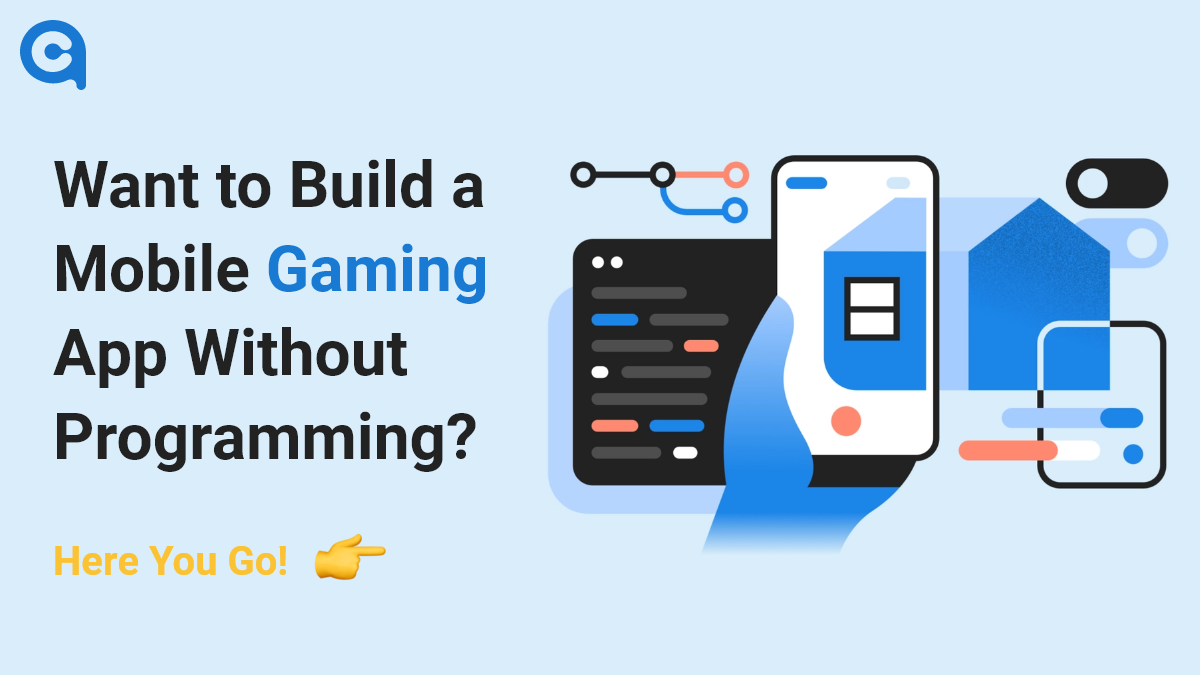
Do you want to build a simple app for your business? Do you want to create an app that enhances the experience of users who play games on their smartphones? Whatever your reason, I have created this g
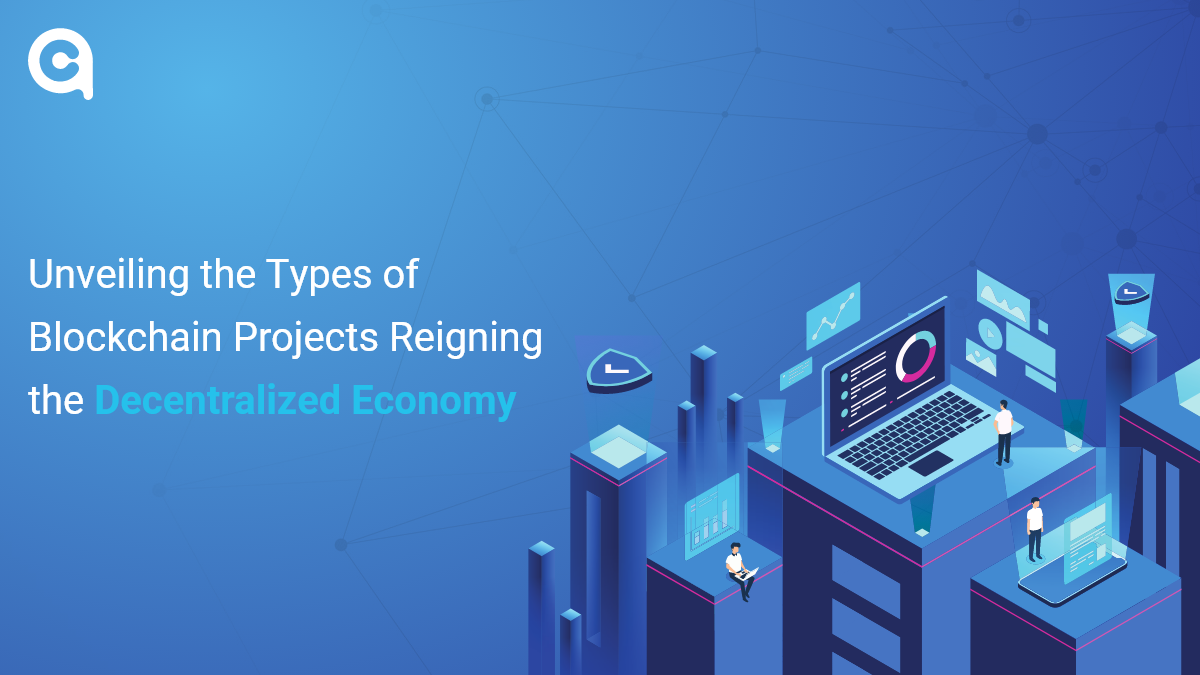
As blockchain technology continues to evolve, so too does the landscape of projects built on its foundation. The worldwide Blockchain market is predicted to expand at a CAGR of 42.8% (2018-2023), dire
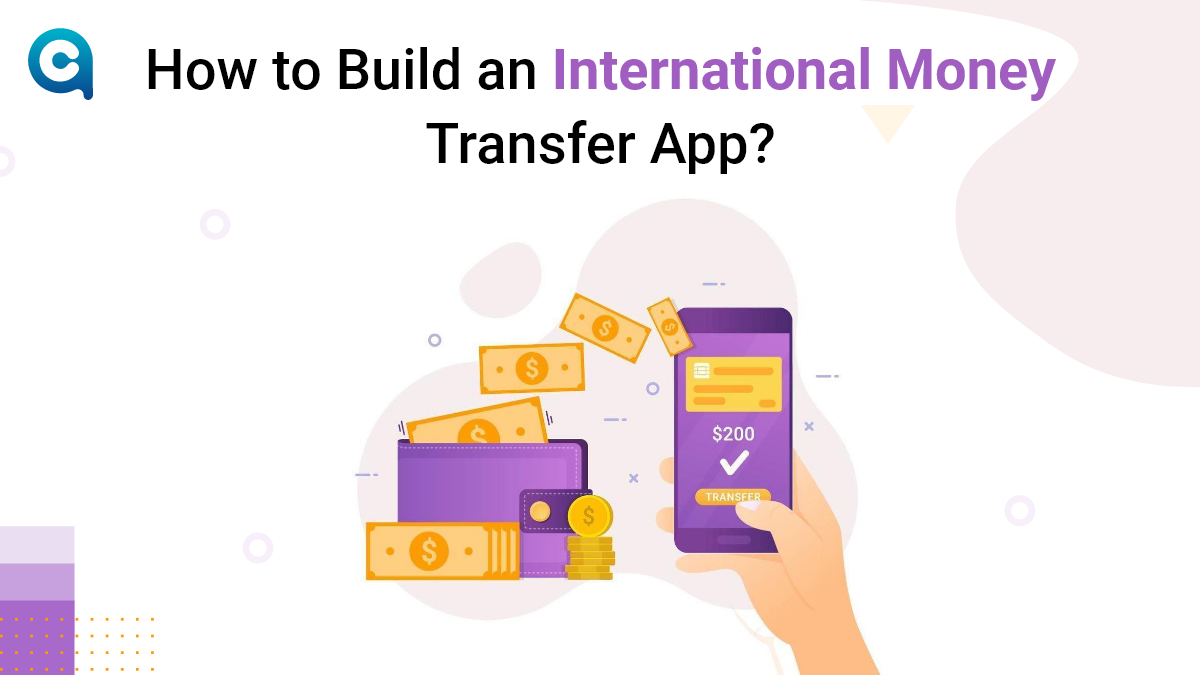
The introduction of online payment applications has changed how people perform financial transactions. A mobile phone with a banking app lets you quickly resolve various financial matters. Ta
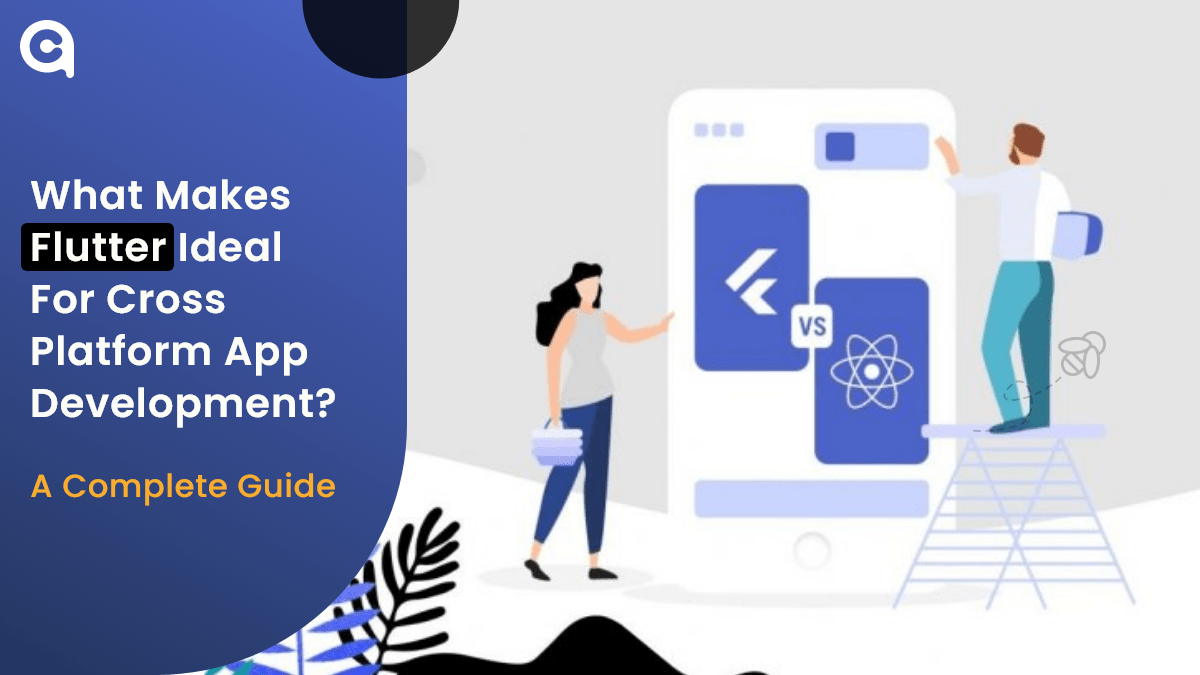
Table of Contents 1. What is Flutter? 2. Why Choose Cross-Platform Development? 3. Why is Flutter the Best Platform to Make Cross-platform Applications? 4. How Much Does it Cost to

Have you ever found yourself in a situation where you desperately needed a product or service but didn't have the time or energy to go out and get it? Well, fear no more because on-demand delivery app

Mobile applications play a vital role in the development of multiple businesses in this digital world. Most companies are investing in iOS app development to strengthen their market appearance and dra

The startup space is fast, competitive, and harsh. According to Exploding Topics, about 90% of startups fail. What would be the reason for that? There would be multiple reasons for startup failure, bu
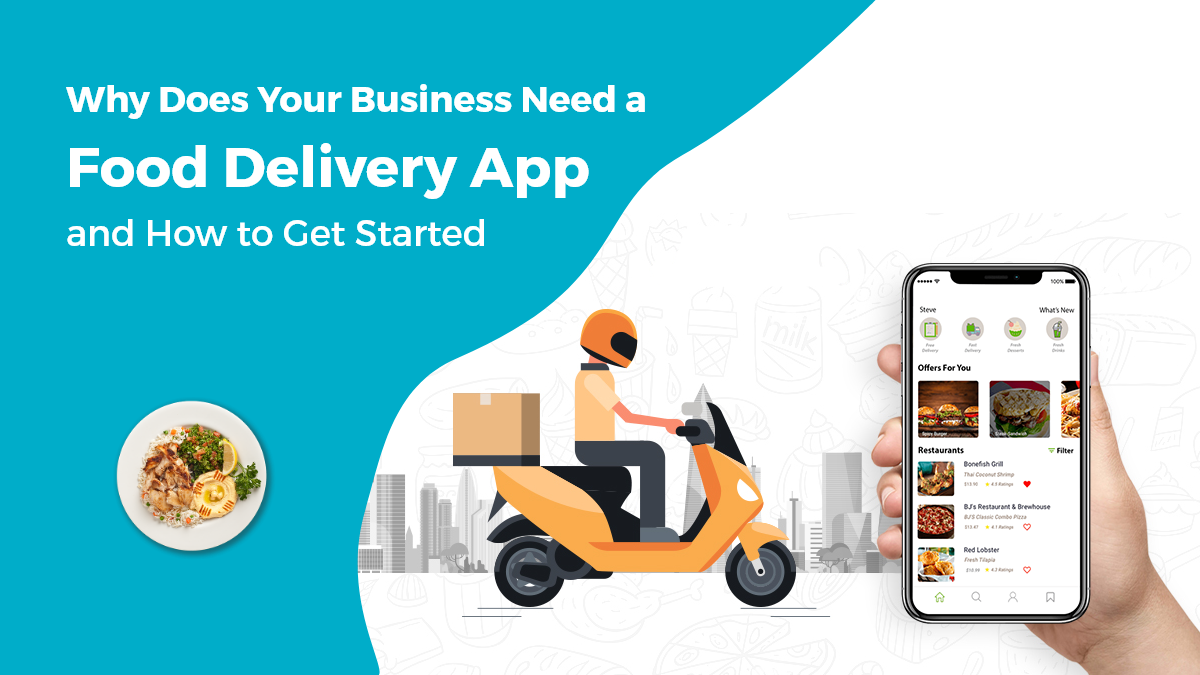
Businesses after COVID are going through several changes, and the food industry is no different. Restaurants that have been doing dine-in are now struggling to keep up with the demand for delivery and

The United Arab Emirates (UAE) is flourishing as the hub for blockchain technologies, transforming the digital ecosystem and having a forward-thinking government to maintain its competitive edge. Gove

The two hottest frameworks in the mobile app development world are Flutter and React Native. They’re both cross-platform solutions that allow you to write code once and deploy it to Android and
Have you ever felt like you’ve attracted 30% more consumers to your shopping sales by using a technical hack to revive your shops? It would work like a person was crossing through next to your
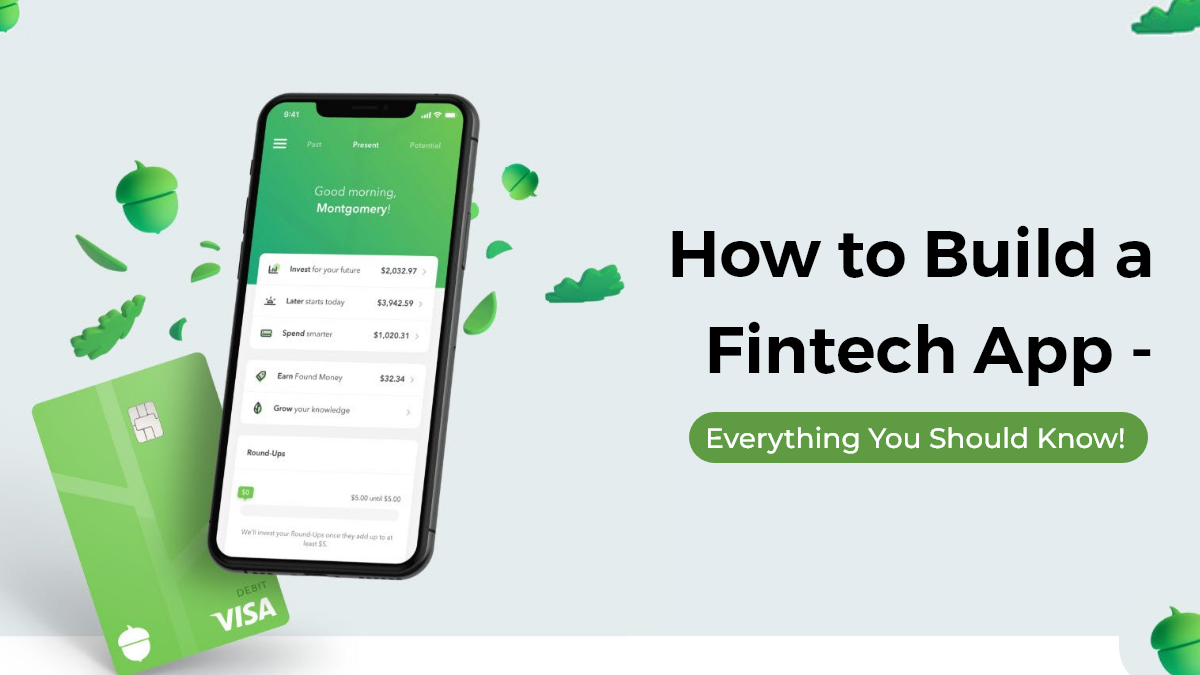
With the advent of technology, the financial industry has experienced a massive transformation in the past few years. Fintech applications have revolutionized the way we manage and invest our money.
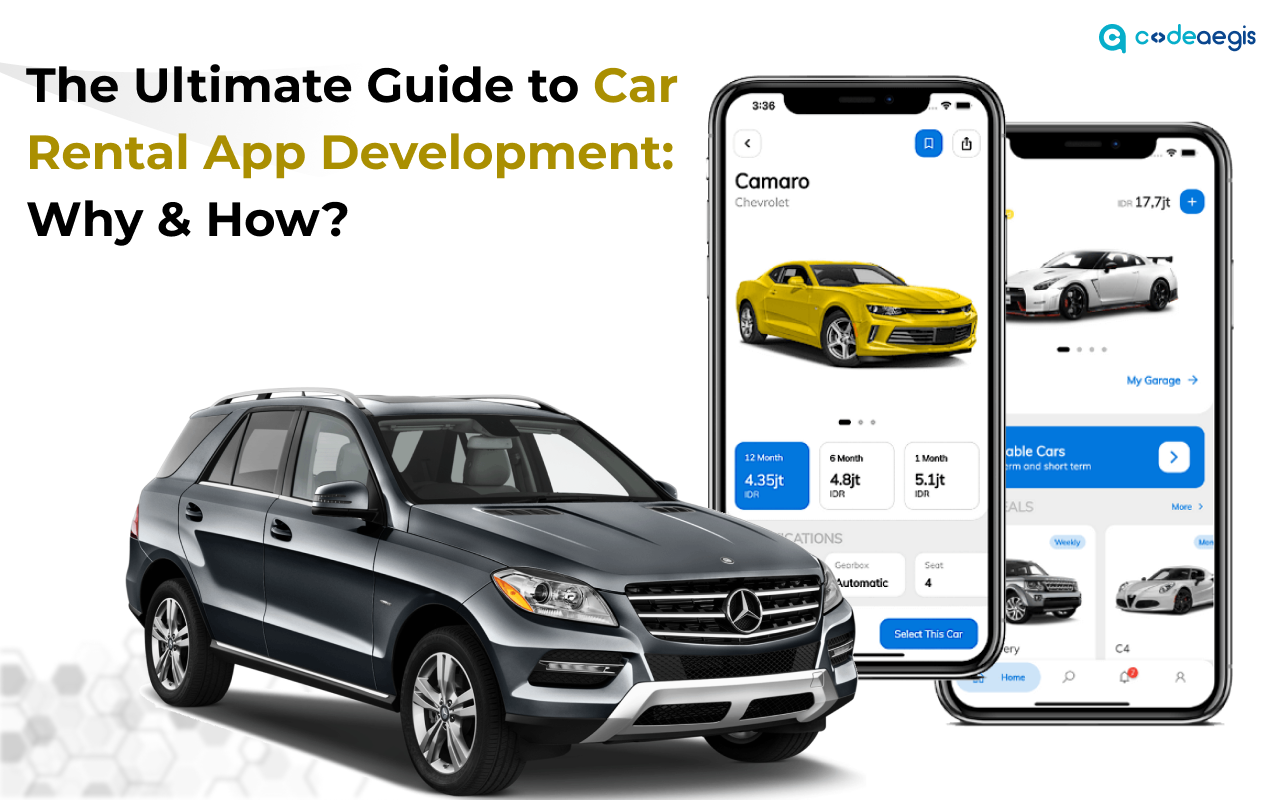
Summary: Car rental apps have become the heart of the business, stimulating growth, efficiency, and customization. They offer updated rental methods to stay relevant with Gen Z and Millennials, who ar
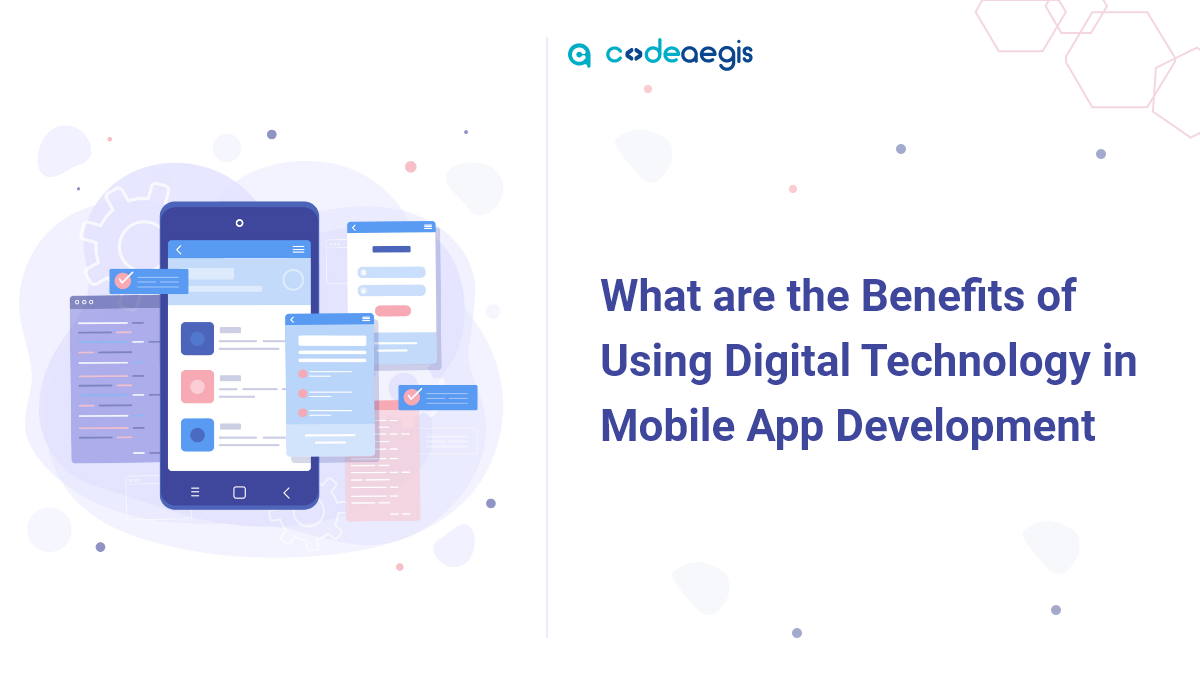
With the ubiquity of smartphones and tablets, it only makes sense that mobile app development - which is the process of creating applications for smartphones and tablet devices - is becoming more popu

Will DeepSeek and ChatGPT collide in the race for AI Supremacy? DeepSeek and ChatGPT are at the center of a heated debate that tends to shape the future of AI. The real-world implications and effecti

Nowadays, the financial industry has encountered massive digitization, and mobile apps play a significant role in it. There are a wide variety of money transfer apps available, catering to the needs a

Over the past decades, the healthcare sector has continuously expanded its wings, moving from traditional to advanced technological processes. This evolution is driven by the sector's unwavering commi

Imagine a classroom where history comes alive in the 3D model of historical events. Biology students can explore the unique complexities of a cell as they have practiced it with real-world examples, a

Did you know that Dubai's prime residential market is projected to experience the world's strongest growth in 2025? The Middle East is buzzing with opportunities, especially in the realm of mobile app

Imagine a world where you can speak your thoughts and desires, and the digital realm responds promptly, seamlessly integrating into your daily life. Whether you want to search for information, contro
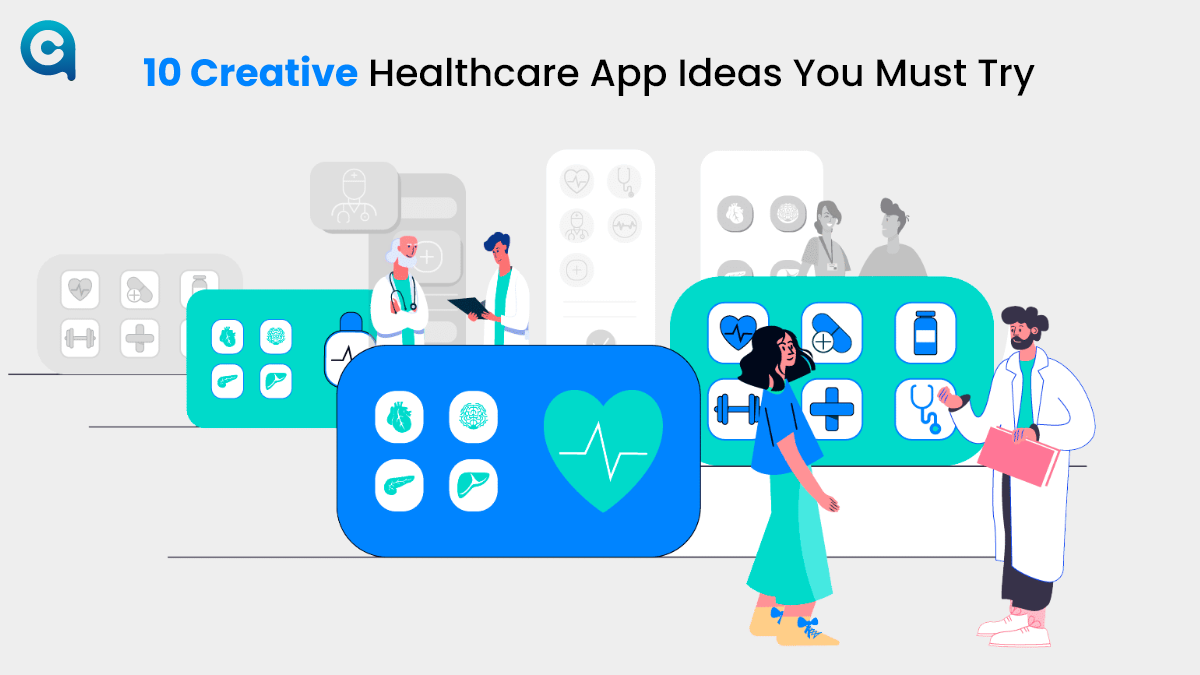
As we head into the future, more and more people are looking to find ways to improve their healthcare. And with good reason - healthcare can be expensive, and it can be difficult to get the right care

Prime Minister Narendra Modi eventually launched 5G in India at the 6th edition of the IMC (India Mobile Congress). Reliance Jio and other telecom organizations documented the various use cases of 5G

Necessity is the mother of invention origin! Have you ever wondered when an entrepreneur decides to start a business? When demand is high and supply is low, opportunities arise. But there’s mor

It's no secret that the digital world has transformed many aspects of our lives, and it is only going to continue changing in ways we can't even imagine yet. To help businesses keep up with this rapid

Having a mobile application is no longer a luxury—it's an essential tool for instantly capturing the market! To stand out in the rental businesses, a company must adopt tech-driven preferences
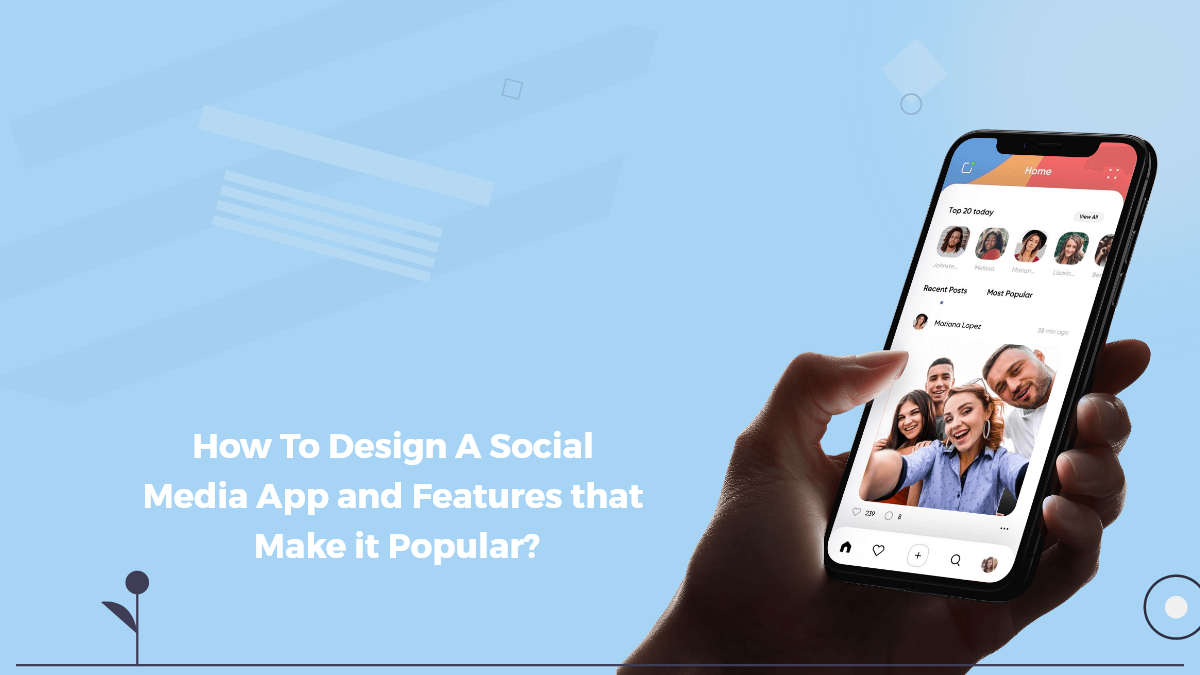
Social media apps are all the rage these days. People use them to connect with friends and family, to learn about new products and services, and to stay up-to-date on the latest news. But as popular a

An extensive background working in Tech, Travel, and Education Industries. Currently involved in entire business operations process: Benefits strategy and implementation, systems integration, Human Re
Leave a Reply
Your email address will not be publishedDO YOU HAVE ANY PROJECT
Let's Talk About Business Solutions With Us
India Address
57A, 4th Floor, E Block, Sector 63, Noida, Uttar Pradesh 201301
Call Us
+91 853 500 8008
Email ID
[email protected]



.jpg)







